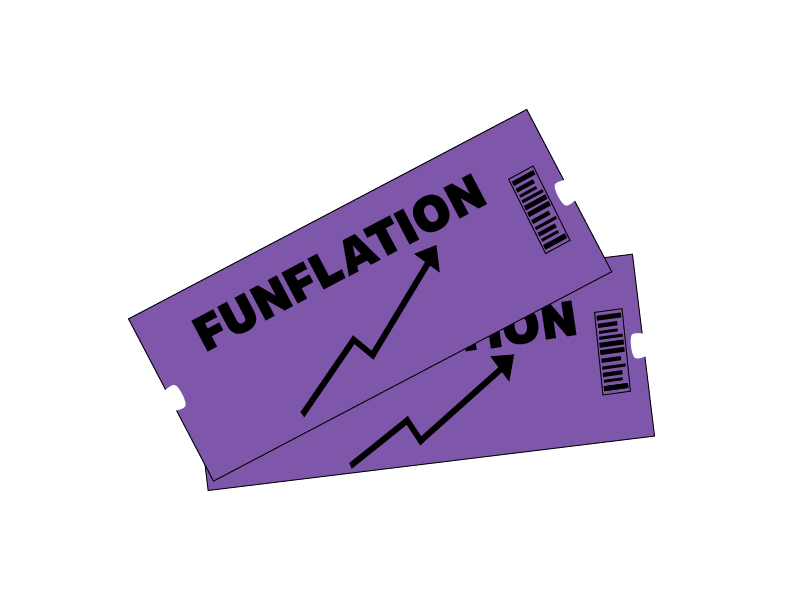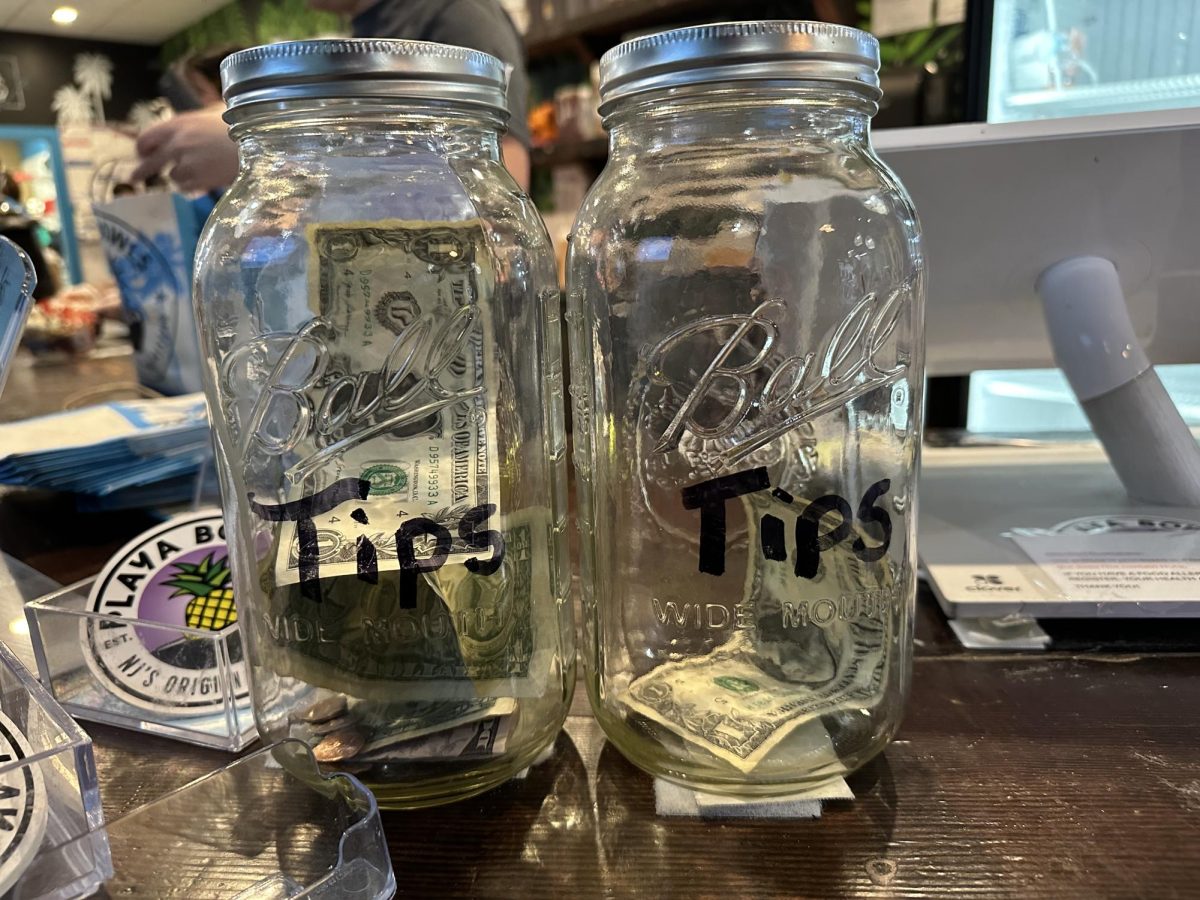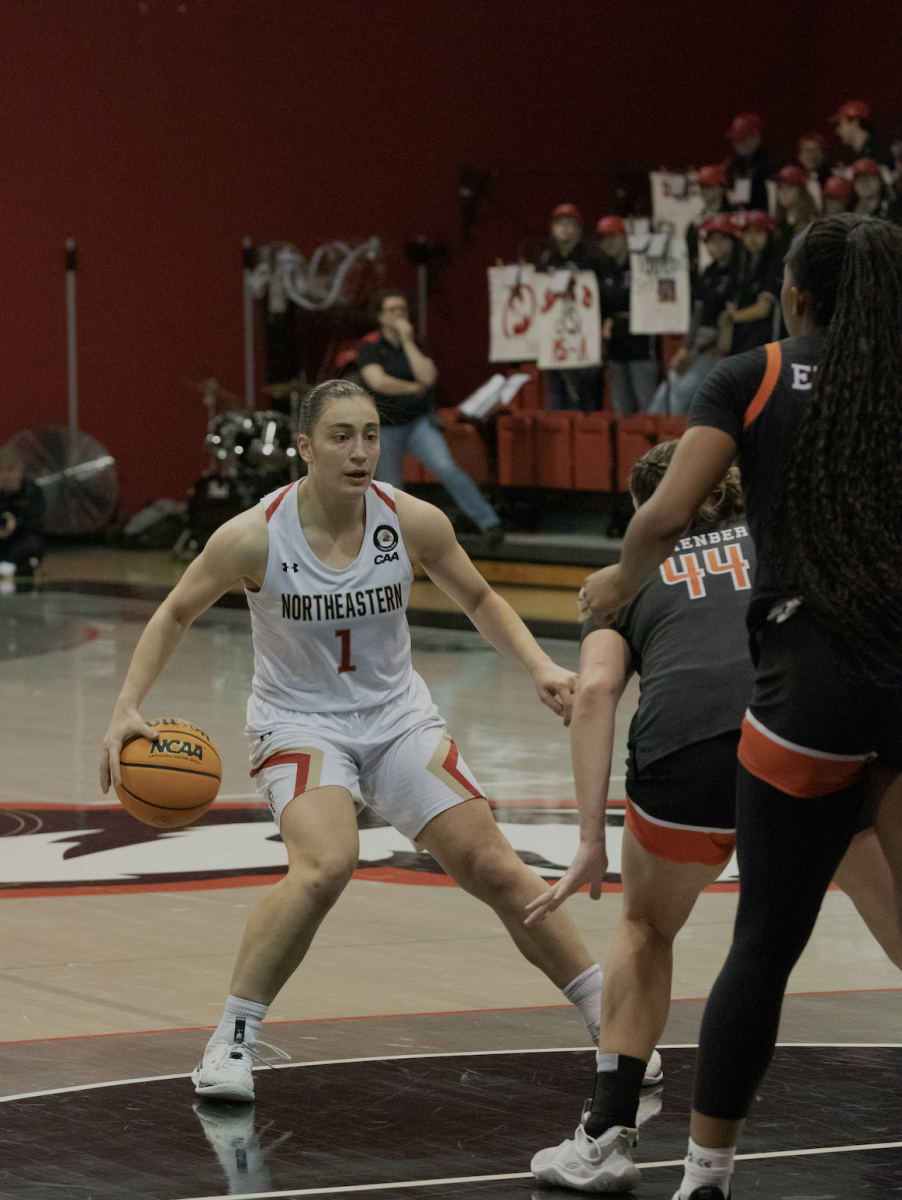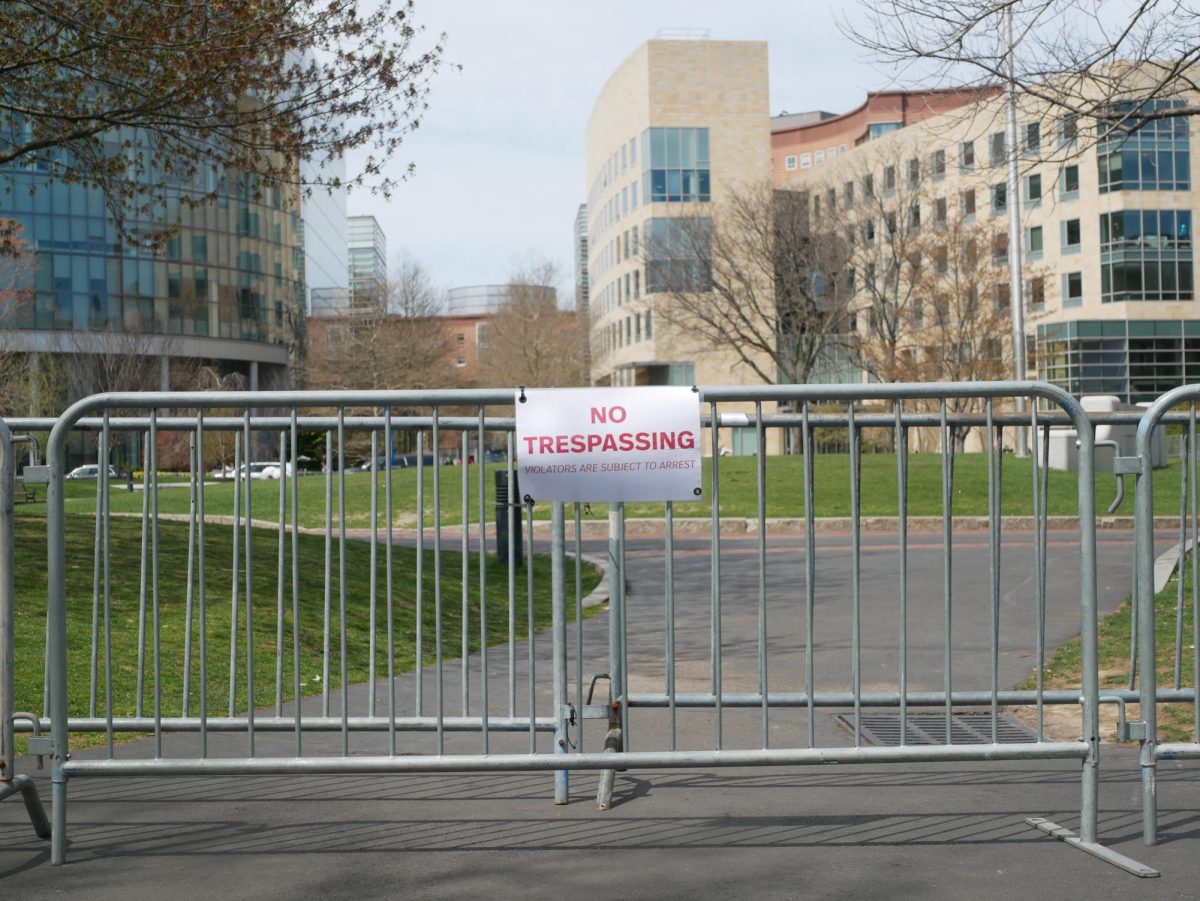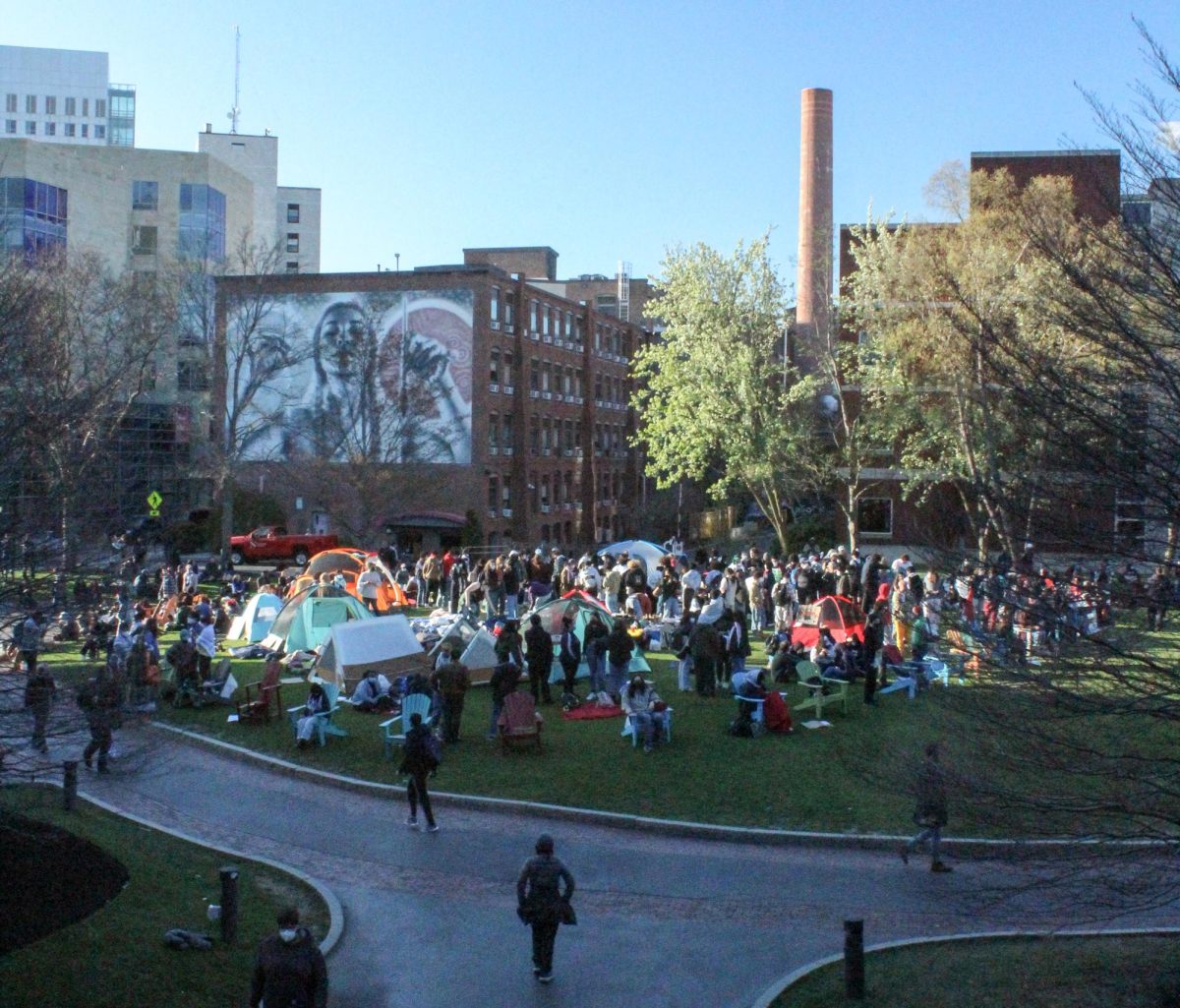By Dan Murphy
Though several Boston-area colleges and universities have experienced a decrease in drug and alcohol violations in the past few years, Northeastern has reported a dramatic surge of infractions since 1999.
Since 1990, all colleges participating in federal financial aid programs are required by law to publish annual reports containing statistics for campus crime and disciplinary referrals, including drug and alcohol violations.
A record 933 drug and alcohol violations occurred on Northeastern’s campus in 2001, including 148 arrests stemming from these incidents. Two years earlier, Northeastern reported 656 similar infractions with 57 arrests. Statistics for 2002 are not yet available.
James Ferrier, the associate director of public safety at Northeastern, said one explanation for this alarming increase is the substantially larger number of students living on campus in recent years. According to Ferrier, many of the drug and alcohol violations happen inside residence halls. With a large increase in the student population living on campus, there are more incidents reported than in previous years.
Ferrier said that NU opened several residence halls in the last three years, bringing the number of students living on-campus to about 7,000 today, as opposed to roughly 4,000 in 1999.
Though the increase in these violations and the subsequent arrests would seem negative to many, Ferrier said that the preponderance of arrest and disciplinary referrals reflect Northeastern’s strong stance against drug and alcohol use on campus.
Harvard University’s 2001 enrollment was 24,474, compared to Northeastern’s 2001 student body of 22,422. However, Harvard reported only 72 drug and alcohol offenses that year, including seven arrests for drug charges. No arrests for alcohol charges were made on its campus between 1999 and 2001.
Steven Cantalano, public information officer for the Harvard University Police Department, said the disciplinary actions that the university takes are “much more severe than anything they’ll receive at Cambridge District Court.”
“Is arresting a freshman with a beer the best way to handle the problem?” Cantalano said. “We don’t want ‘Animal House’ here, but it’s just a question of what you’re trying to accomplish.”
Ferrier said that the “raw data in and of itself can be dangerous,” since the numbers only reflect infractions reported to the Dean of Students Office and many violations go unreported or undetected at some colleges.
“A large number of people who break drug and alcohol restrictions do get caught and referred to [NU’s judicial affairs office],” he said. “We don’t turn away and allow it to go unchecked.”
Although a mere 25 arrests were made on Boston College’s Chestnut Hill campus in 2001 for drug and liquor violations, 690 students received disciplinary actions for the same infractions that year. The number of students disciplined for these violations increased slightly from 666 in 2000, but remained less than the 879 reprimanded in 1999.
Boston University took disciplinary action against 487 students for drug and alcohol violations in 2001 but only made 25 arrests on campus for those infractions. These figures represent a slight improvement over the 483 referrals and 40 arrests in 2000, and an even larger improvement from the 610 referrals and 47 arrests for the same offenses in 2000.
“Look at high schools and grade schools,” said Chief Robert Morse of the Boston College Police. “The problem is not going to go away tomorrow. Most all of the big [Boston-area colleges] agreed to tighten up sanctions on drugs and alcohol.
“Statistics are always going to fluctuate when it comes to drugs and alcohol,” he said.


